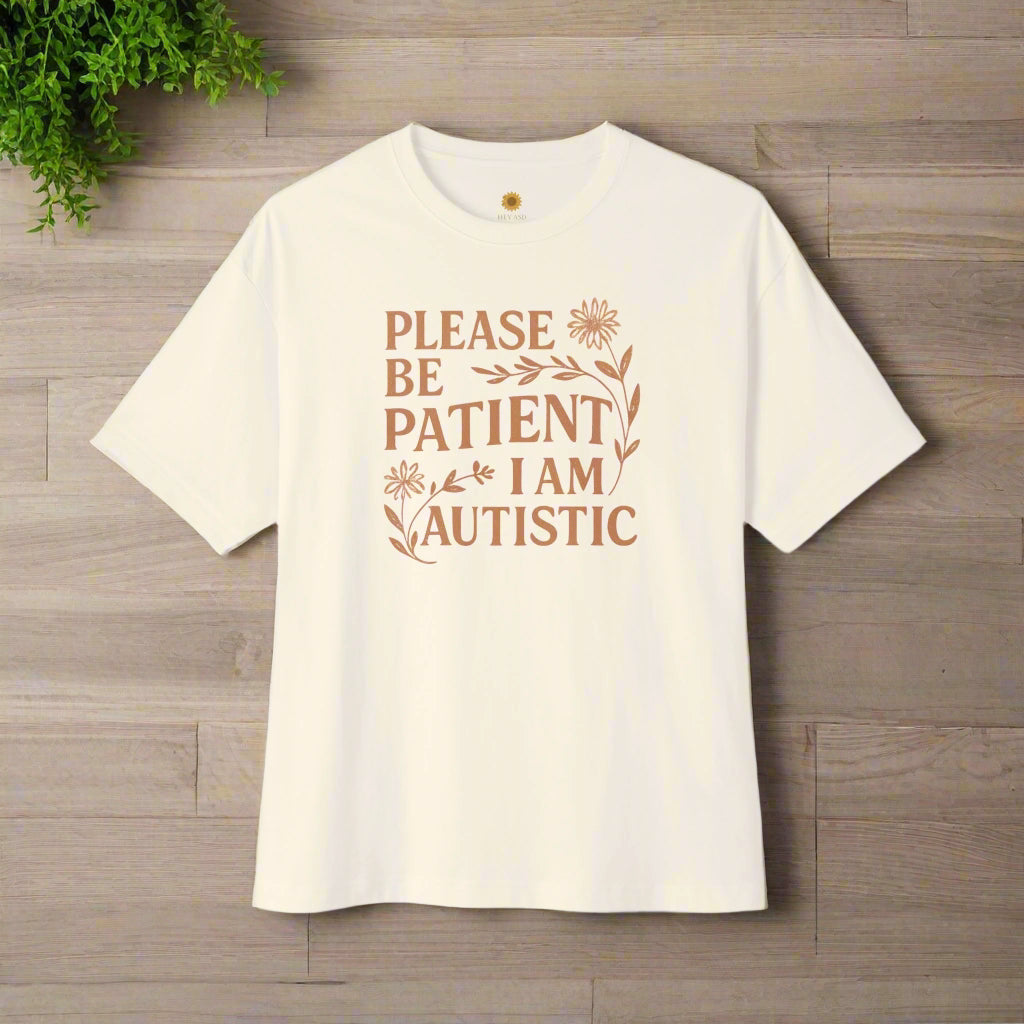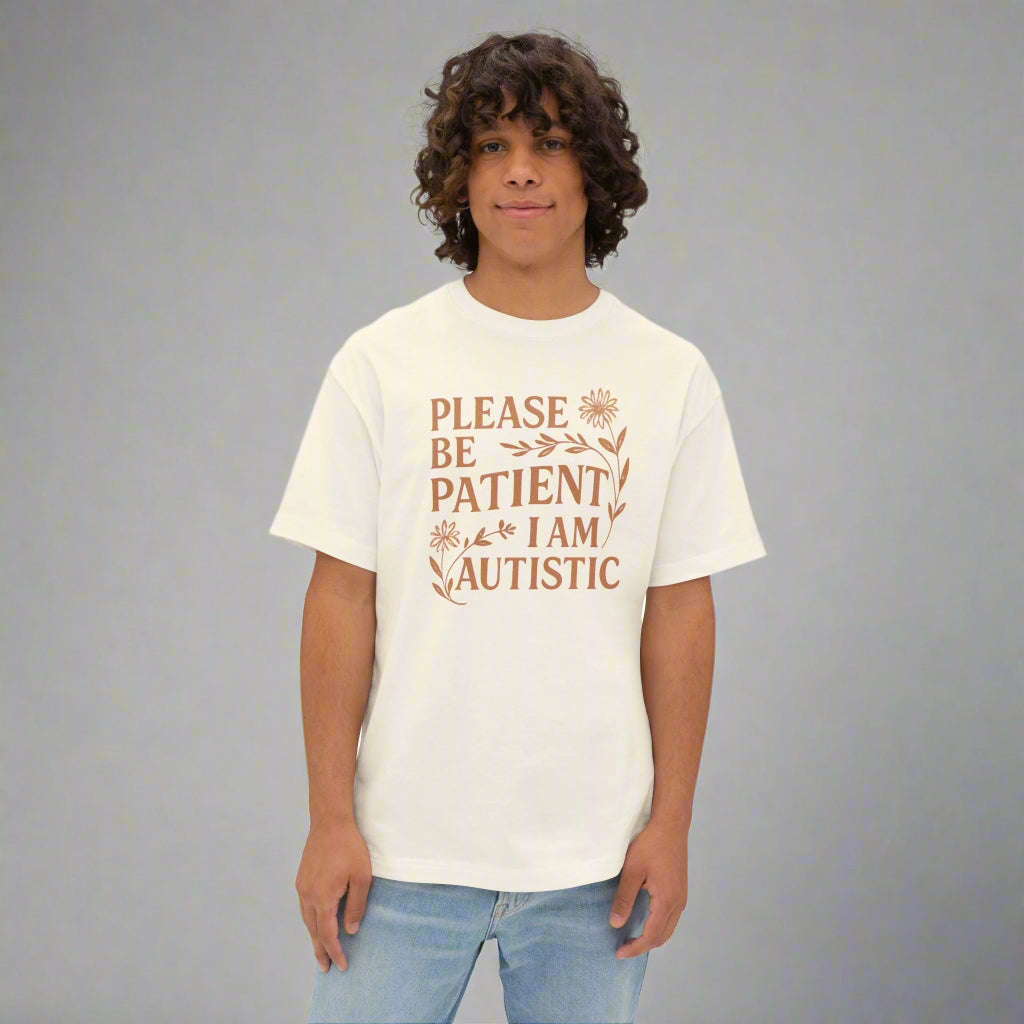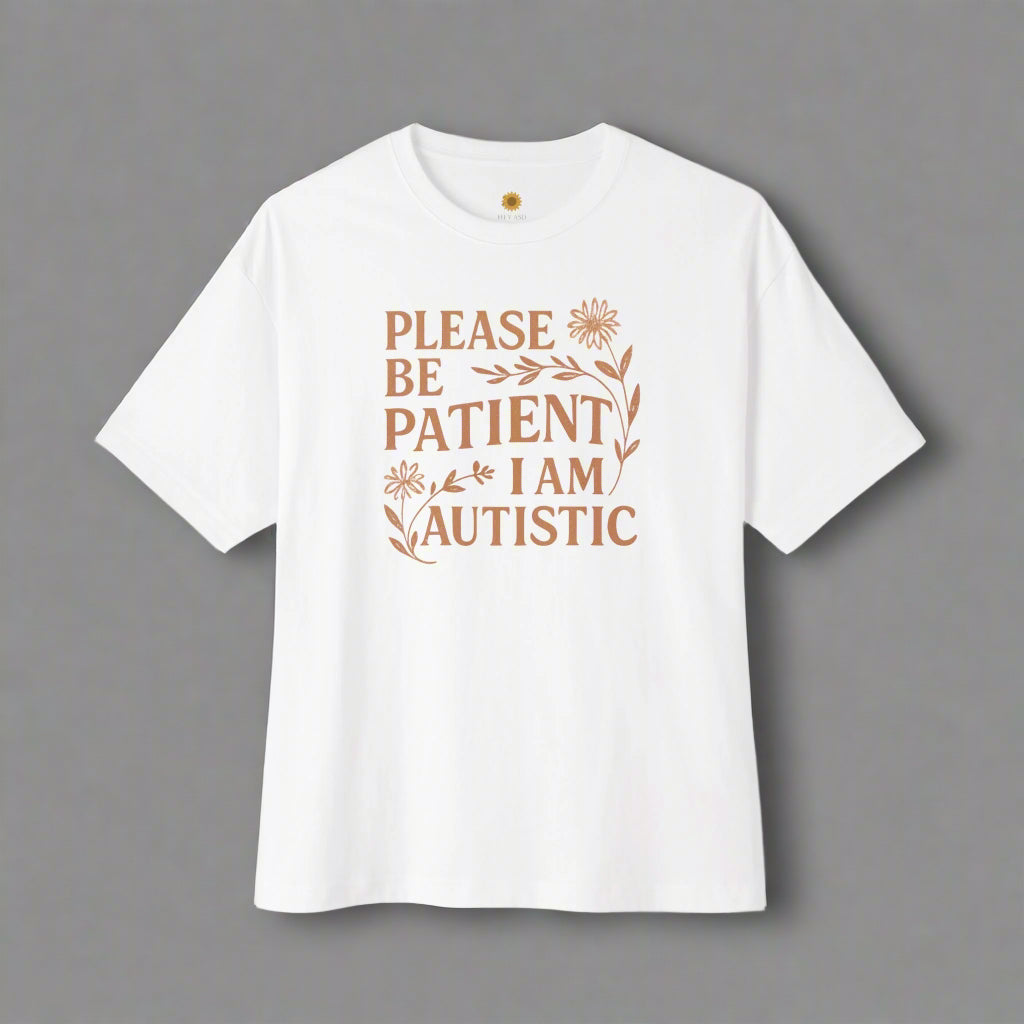Autism is a complex neurodevelopmental condition that affects individuals in various ways, making it difficult for them to communicate, socialize, and understand other people's perspectives.
Autistic individuals often have unique strengths and interests that can be nurtured with the right support and resources. Reading is one such area that can help autistic individuals develop their skills and knowledge while providing an enjoyable experience.
In this article, we'll explore some of the best books for autistic individuals that can help to learn more about the autism diagnosis and what it means.

Best Books for Autistic Individuals
Here are some of the best books for autistic individuals that cover a range of topics, from understanding autism to coping with emotions and developing social skills.
1. "The Reason I Jump" by Naoki Higashida
"The Reason I Jump" is a memoir written by a 13-year-old autistic boy named Naoki Higashida, who provides an inside look into his mind and experiences.
The book is a collection of questions and answers that offers valuable insights into the daily struggles of autistic individuals, such as sensory overload and communication difficulties. It's a must-read for anyone who wants to understand autism from an autistic perspective.
2. "Uniquely Human: A Different Way of Seeing Autism" by Barry M. Prizant
"Uniquely Human" is a book written by a clinical psychologist named Barry M. Prizant, who has worked with autistic individuals for over 40 years.
The book challenges traditional views of autism as a disorder that needs to be fixed and instead advocates for a strengths-based approach that focuses on individual differences and unique abilities. The book provides practical strategies for parents, educators, and caregivers to help autistic individuals thrive.
3. "The Social Skills Picture Book for High School and Beyond" by Jed Baker
"The Social Skills Picture Book" is a practical guide that uses visual aids to help autistic individuals understand and develop social skills.
The book covers a range of topics, such as body language, conversation skills, and managing emotions. It's a useful resource for high school students and young adults who may struggle with social interactions.
4. "All Cats Have Asperger Syndrome" by Kathy Hoopmann
"All Cats Have Asperger Syndrome" is a children's book that uses adorable cat photos and simple language to explain Asperger Syndrome, or "High-Functioning Autism", a subtype of autism.
The book helps children and young readers understand some of the common traits and characteristics of autistic individuals, such as sensitivity to noise and a preference for routine. It's a fun and engaging way to introduce children to the topic of autism.
5. "The Autistic Brain: Thinking Across the Spectrum" by Temple Grandin and Richard Panek
"The Autistic Brain" is a book written by Temple Grandin, a well-known advocate for autistic individuals and a professor of animal science, and Richard Panek, a science writer.
The book explores the latest research on autism and provides insights into how the autistic brain works. It's a fascinating read for anyone who wants to deepen their understanding of autism and the complexities of the brain.

Books for Late Diagnosis of Autism
If you've been diagnosed later in life as an adult, these books may be of great value to you.
1. Late Bloomer by Clem Bastow
This memoir chronicles Clem Bastow's journey as an autistic woman navigating her way through life. From struggling with social situations to finding her place in the world, Clem shares her experiences with humor, honesty, and self-awareness. Late Bloomer is a relatable and inspiring read that sheds light on the unique challenges faced by autistic individuals.
2. Unmasking Autism by Judy Endow
This book provides an in-depth look at the experiences of autistic individuals, particularly those who were not diagnosed until adulthood. The author, Judy Endow, shares her own journey with autism and provides insight into the complexities of living with the condition. Through personal stories and practical advice, Unmasking Autism offers a valuable perspective on autism that can benefit both autistic individuals and their loved ones.
3. Different, Not Less by Temple Grandin
Written by one of the most prominent voices in the autism community, this book features a collection of personal stories from autistic individuals who have found success in various fields. From artists to scientists, Different, Not Less highlights the unique strengths and abilities of autistic individuals and challenges the misconceptions about autism spectrum disorder.
4. Camouflage by Sarah Bargiela
This illustrated book explores the concept of masking, or hiding one's autistic traits to fit into social situations. Through vivid illustrations and relatable anecdotes, Camouflage sheds light on the challenges of masking and encourages autistic individuals to embrace their true selves.
5. I Am Autistic by Chanelle Moriah
This memoir is a powerful testament to the resilience and strength of autistic individuals. Through vivid storytelling and personal insights, Chanelle Moriah shares her journey of self-discovery and acceptance as an autistic person. I Am Autistic is a must-read for anyone seeking to understand the experiences of autistic individuals.
6. Aspergirls by Rudy Simone
Written specifically for women on the autism spectrum, this book provides guidance and support for navigating the unique challenges faced by female autistic individuals. From social situations to employment, Aspergirls offers practical advice and personal stories to help women with autism thrive in a world that often misunderstands them.
How can books help autistic individuals?
Books can be an effective tool for autistic individuals in developing various skills and abilities. Here are some ways in which books can help:
1. Enhancing Communication Skills
Autistic individuals may struggle with communication, particularly with understanding and using nonverbal communication.
Books, especially those with visual aids, can help individuals better understand and recognize nonverbal cues. Additionally, reading books can improve vocabulary, grammar, and syntax, which are essential components of effective communication.
2. Improving Social Skills
Social interaction can be challenging for autistic individuals. Books that have relatable characters or social scenarios can provide a platform for them to learn how to interpret social cues, understand relationships, and practice effective communication.
These skills can help autistic individuals build stronger relationships and navigate social situations better.
3. Boosting Emotional Regulation
Autistic individuals may find it difficult to regulate their emotions, especially during times of stress or sensory overload.
Books that discuss emotions, coping strategies, or mindfulness can help autistic individuals develop techniques for regulating their emotions. Moreover, books can provide a way to escape from difficult situations and help individuals calm down.
4. Enhancing Cognitive Abilities
Autistic individuals may excel in certain areas of cognitive ability, such as attention to detail or pattern recognition.
Books that cater to these strengths can help enhance cognitive abilities while providing an enjoyable reading experience. Additionally, reading books can improve critical thinking skills, creativity, and problem-solving abilities.
Conclusion
Books can be a valuable resource for autistic individuals to develop skills, knowledge, and interests. From memoirs to practical guides, there are plenty of books that cater to the unique needs and strengths of autistic individuals.
By reading books, autistic individuals can enhance their communication, social skills, emotional regulation, and cognitive abilities. The books mentioned in this article provide a great starting point for anyone interested in learning more about autism or supporting autistic individuals.

























1 comment
I learnt alot with the article about been an autistic individual. Thank you